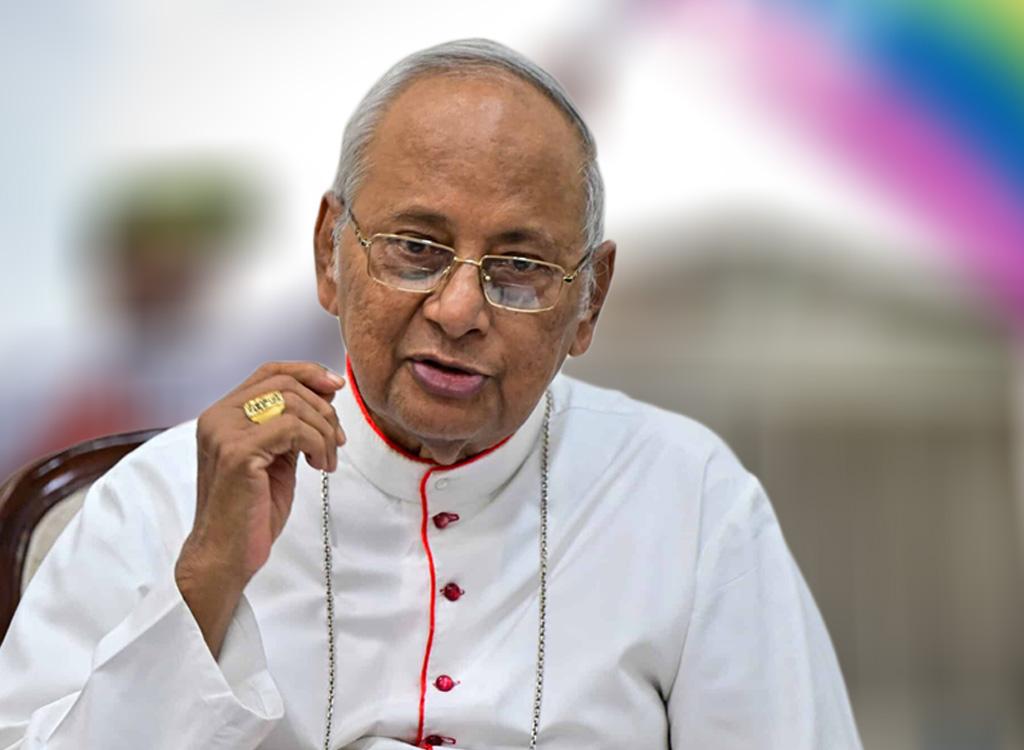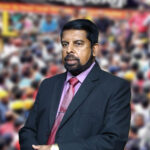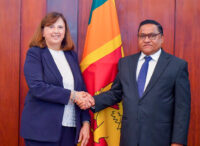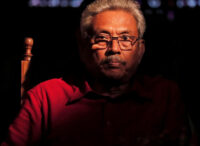Cardinal Malcolm Ranjith’s public remarks questioning same-sex marriage have triggered a wave of backlash in Sri Lanka, with LGBTQ+ activists, rights groups, and civil society condemning his stance.
Speaking at St. Anne’s Church in Beruwala on July 26, the Cardinal remarked, “How can this be a human right? How can two men form a family? How can they have children?”
Critics condemned his comments as discriminatory and outdated, especially coming soon after the United Nations High Commissioner for Human Rights, Volker Türk, praised Sri Lanka’s efforts to decriminalize same‑sex relations during an official visit.
The backlash was led by prominent human rights advocate Dr. Visakesa Chandrasekaram, who told BBC Sinhala that the Cardinal’s comments were inappropriate and deeply offensive.
“The Cardinal should mind his own business and not meddle in our bedrooms,” he said.
Dr. Chandrasekaram insisted that legal reform should prioritize repealing Sections 365 and 365A of the Penal Code—which still criminalize consensual same‑sex relations—arguing that decriminalization must precede any discussion on marriage rights.
He further criticised religious institutions for shifting focus away from internal misconduct, including sexual abuse scandals, instead imposing moral judgments on others.
“What are they doing to address abuse within their own circles?” he demanded.
Dr. Chandrasekaram called for an immediate retraction and apology from the Cardinal, saying: “We haven’t wronged anyone. We simply ask to live without shame, fear, or discrimination.”
Sri Lanka’s legal framework continues to criminalize same‑sex relations under colonial-era provisions, with Section 399 targeting transgender individuals and the Promiscuous Behaviour Act frequently used to harass gender-diverse people.
A private member’s bill introduced by former MP Premanath Dolawatta aimed to repeal these laws and was deemed constitutional by the Supreme Court.
President Anura Kumara Dissanayake has previously affirmed that “no one should be made a second-class citizen” on the basis of religion, language, or sexual identity.











Leave a comment